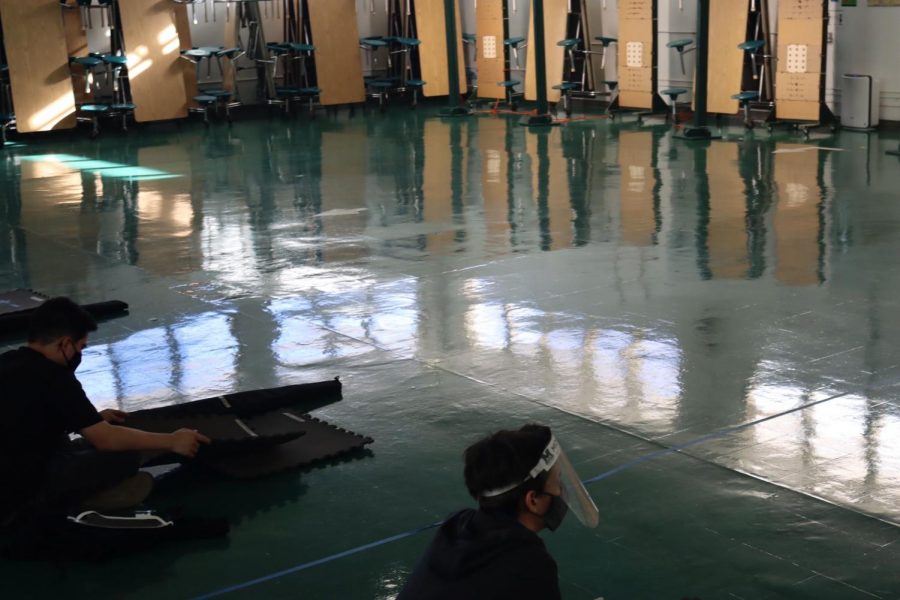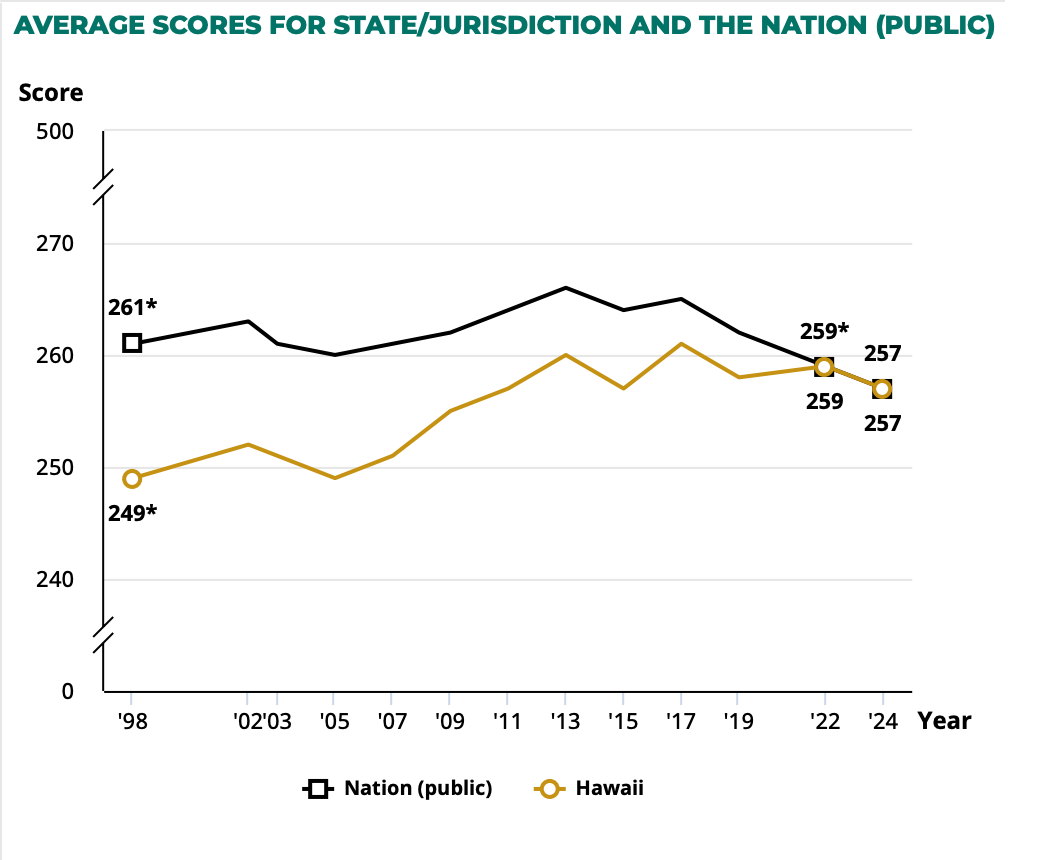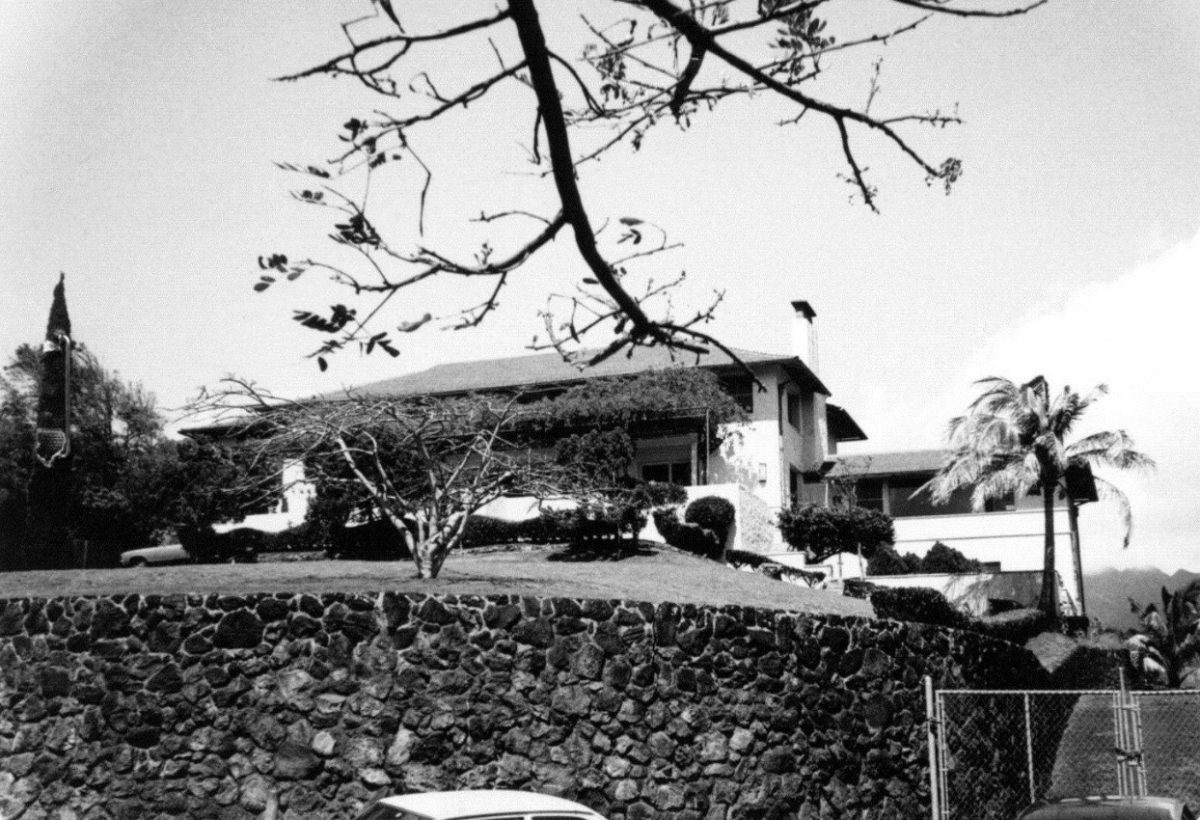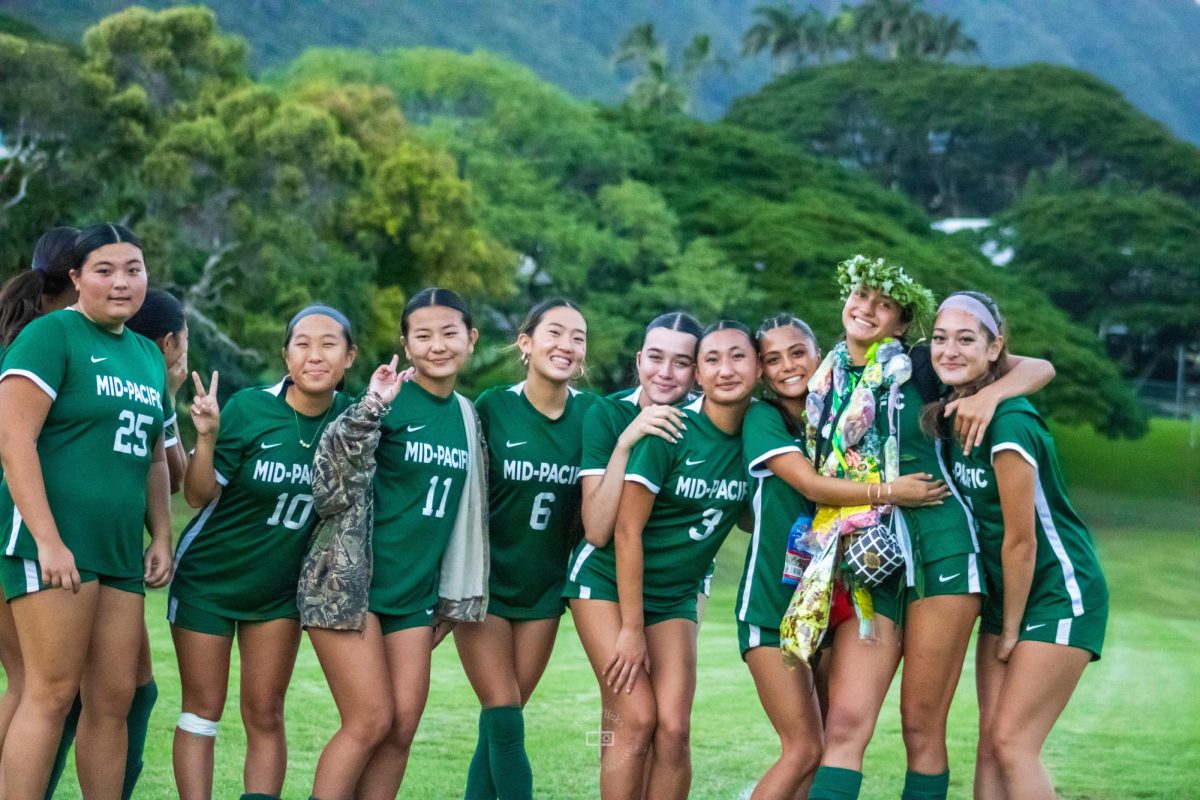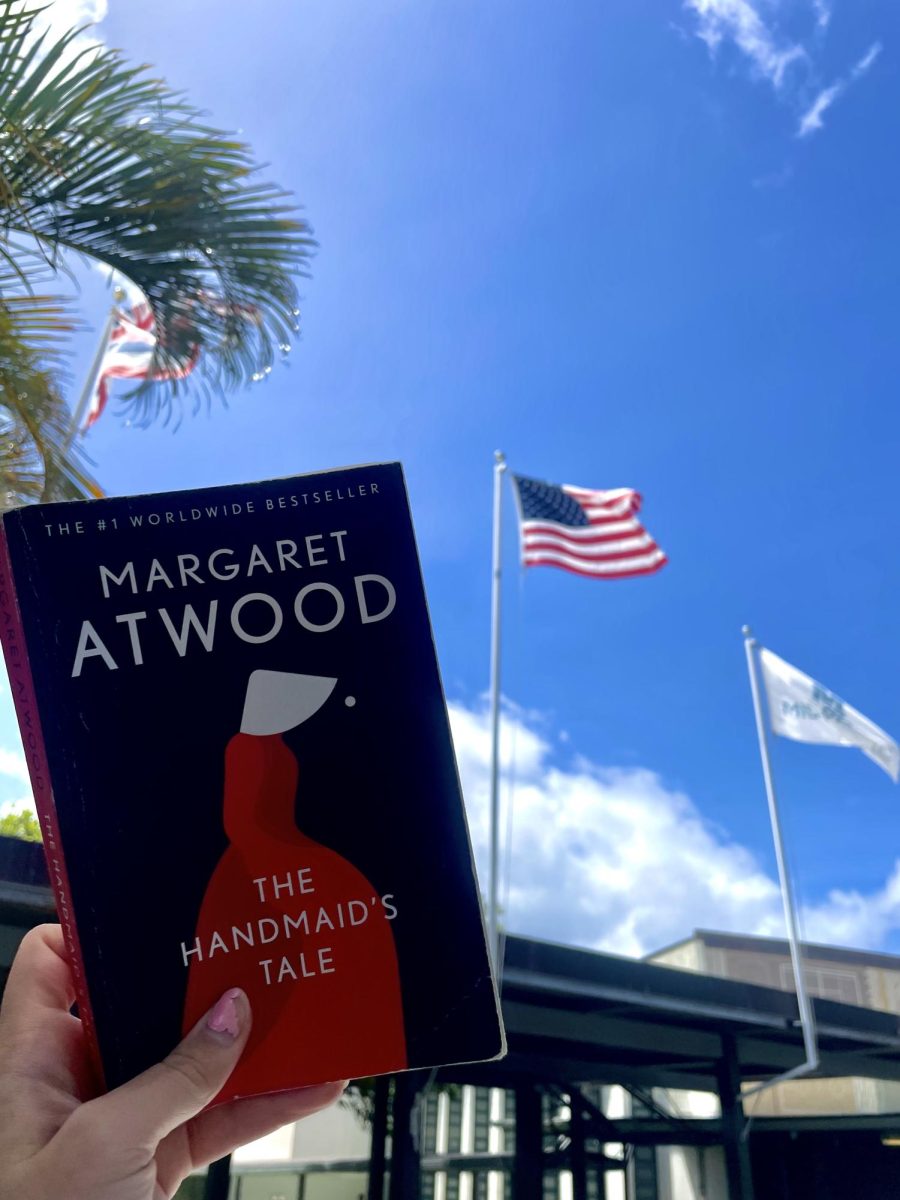Sports training begins with new precautions
Kenna Kaneshiro, staff photographer
Air Riflerly competitors set up their stations six feet apart from each other. Air riflery started in person training Nov. 2.
November 30, 2020
Last year’s spring sports season ended mid-season and the usual winter season was cancelled and substituted with season one from January to March 2021. Athletics began in person training to prepare for the season.
Sports training started in person on Nov. 2 with new precautions.
Coaches now need to complete a health screening daily, and the athletics department reviewed guidelines with all coaches, said Athletic Director Scott Wagner.
“We are doing a very deep dive into COVID-19 and precautions with all of our coaches to make sure that we are all on the same page and have the same understanding,” Wagner said.
Coaches and the athletic department said they are prepared if someone tests positive for COVID-19.
“If someone comes up with what you call symptoms that could possibly be COVID-19, we already have procedures to be put in place,” said air riflery head coach Jon Narimatsu.
Athletes can only attend a maximum of three practices per week, according to ILH rules. Students had mixed reactions to the reduction in practice days.
“I can just use those extra days for school work, self improvement or resting, so I donʻt see that as such a bad thing,” said sophomore soccer and track and field athlete Ethan Chang.
On the other hand, senior and triple-sport (air riflery, soccer and softball) athlete Zoe Oshiro said she will miss having practice every day.
“We all say we donʻt like practice because itʻs tiring, but Iʻm going to miss having practice every day,” said Oshiro.
Athletes such as Oshiro who play multiple sports in a semester are limited to participating in one sport this semester.
“I feel like I would betray one of them if I choose like the other sport over the other, so I feel bad,” she said.
However, according to the CDC, the more people an individual interacts with at a gathering and the longer that interaction lasts, the higher the potential risk.
Along with limiting athletes to one sport per semester, athletes will also be assigned to permanent cohorts of ten, Wagner said.
“They are not allowed to switch or change and be a part of another cohort,” said Wagner.
Oshiro said she hopes she can trust her cohort to take COVID-19 seriously.
“I want to have trust that theyʻre following all of the rules because Iʻm trusting them that theyʻre being safe so I donʻt get it,” said Oshiro.
Oshiro said she is preparing for practices by wearing a mask before in person training.
“I usually try to practice and workout with a mask on,” she said.
The athletic department mandates masks at all times, except for extremely exhausting sports, said Wagner.
“Masks are to be worn, except if you’re doing a completely exhausted sport such as cross country. You can’t run very effectively in a mask,” said Wagner.
Social distancing will also be in effect, said Wagner.
“All kids in all sports have to be six feet apart at all times. If you take your mask off for something like cross country then you have to be a minimum of ten feet away,” said Wagner.
However, some athletes said they are doubtful everyone will follow the mandates.
“Thereʻs always going to be that one person that’s going to test the boundaries,” said Oshiro.
Chang said if someone doesn’t wear a mask he will tell them to, in hopes of not forming a chain of not wearing a mask.
“If someone wasnʻt wearing it I would be like ‘oh put it on’: people follow those people sometimes,” said Chang.
Despite all the guidelines, in-person training will help athletes prepare for their season, athletes said.
“Everything weʻre doing now in practice, it will be exactly the same as when we compete,” said Narimatsu.
Athletes said training now will also help with their mental state of mind after being away from the sport and its environment for so long.
“It would be more fun and a lot better for me mentally because working alone for the past, however long it was, was really hard,” said Chang.
Oshiro said being with her teammates helps her stay motivated.
“No one wants to work out alone, you donʻt feel as motivated,” said Oshiro.

